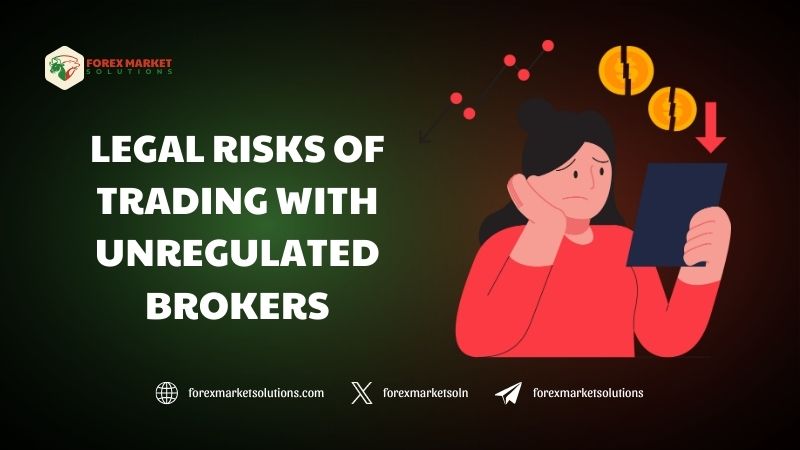The Forex market, with its promise of high returns and global accessibility, attracts traders of all levels, but the choice of broker can make or break your experience. A critical concern for many in 2025 is the legal risks of trading with unregulated brokers, a shadowy corner of the industry where lack of oversight can lead to financial loss, fraud, and legal entanglements. Unregulated brokers operate outside the purview of financial authorities, offering tempting perks like low fees or high leverage, yet they often hide significant dangers. This comprehensive guide delves into these risks, shedding light on why trading with such entities poses a threat and how to safeguard your capital in an evolving market.
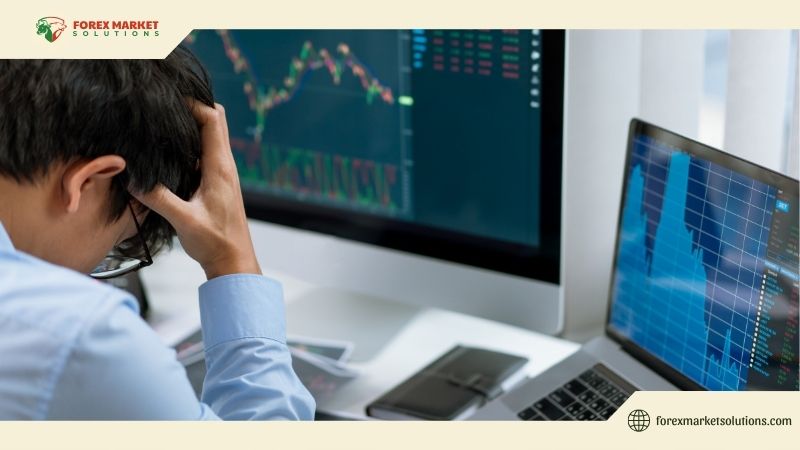
For beginners and seasoned traders alike, the allure of quick profits can overshadow due diligence, making the legal risks of trading with unregulated brokers a pressing issue. In a year marked by technological advancements, shifting regulations, and heightened retail participation, the stakes are higher than ever. From potential scams to jurisdictional nightmares, these risks can derail your trading journey, leaving you vulnerable in ways regulated brokers rarely do. This article unpacks the legal perils, offers practical insights, and equips you with the knowledge to navigate Forex safely in 2025.
Understanding Unregulated Brokers
To grasp the legal risks of trading with unregulated brokers, it’s essential to define what these entities are. Regulated brokers operate under strict oversight from bodies like the FCA (UK), ASIC (Australia), or CFTC (US), adhering to rules on capital reserves, client fund segregation, and transparency. Unregulated brokers, by contrast, lack this supervision, often basing themselves in offshore jurisdictions with lax laws—think Saint Vincent or the Marshall Islands. They promise attractive conditions—zero commissions, 1000:1 leverage—but without accountability, their operations can be opaque or outright fraudulent.
These brokers thrive in the digital age, using sleek websites and aggressive marketing to lure traders. In 2025, with Forex’s retail boom fueled by mobile apps and social media, their reach expands, targeting novices who might not spot red flags. The absence of regulation doesn’t always mean malice—some are simply small outfits—but it opens the door to misconduct, amplifying the legal risks of trading with unregulated brokers. Without a watchdog, you’re left relying on their word, a shaky foundation in a high-stakes game.
This lack of oversight sets the stage for a host of issues, from financial mismanagement to outright theft, making it critical to understand the legal implications of engaging with such firms.
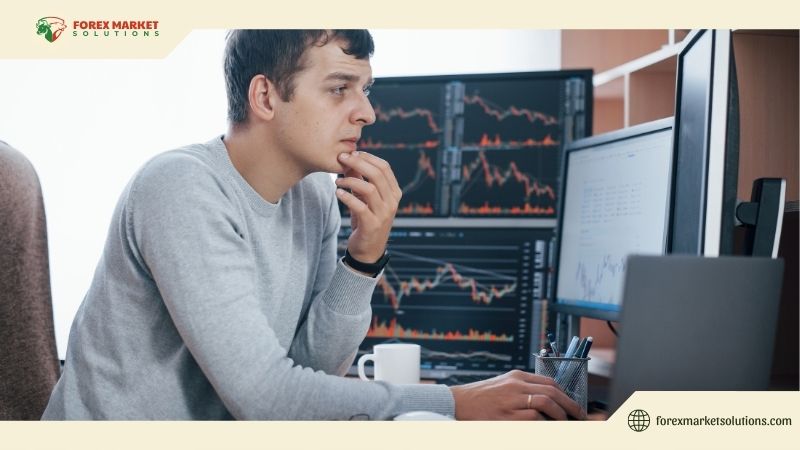
The Legal Perils of Unregulated Trading
The legal risks of trading with unregulated brokers manifest in several troubling ways, each tied to their unchecked freedom. One major danger is fund security. Regulated brokers segregate client funds from company assets, ensuring your money stays safe if they fail. Unregulated ones often mingle funds, and if they go bust—or vanish—your capital disappears with no legal recourse. In 2025, with cybercrime rising, a shady broker might shut down overnight, leaving you empty-handed and without a regulator to appeal to.
Fraud is another stark risk. Scams like price manipulation—where brokers tweak spreads or slippage to siphon profits—or refusal to process withdrawals plague unregulated platforms. A trader depositing $1,000 might see profits vanish when the broker claims “technical issues” or imposes hidden fees. Legal action against such firms is near-impossible, as they operate in jurisdictions with weak enforcement—think chasing a ghost across borders. The legal risks of trading with unregulated brokers here are clear: you’re at their mercy, with no authority to intervene.
Jurisdictional ambiguity compounds this. If a broker in Vanuatu defrauds you, filing a lawsuit from the US or UK is a legal nightmare—costly, slow, and often fruitless. In 2025, as regulators crack down on offshore havens, these firms adapt, shifting to new shadows, leaving traders exposed. Your contract might even waive rights to sue, burying you in fine print.
Legal Risks of Trading with Unregulated Brokers: Real-World Impact
The legal risks of trading with unregulated brokers aren’t theoretical—they hit hard in practice. Take withdrawal issues: a trader with $5,000 in profits might request a payout, only to face delays, excuses, or account freezes. Regulated brokers must honor withdrawals under oversight; unregulated ones can stonewall, claiming “compliance checks” that never end. Without a regulator to escalate to, you’re stuck—legally powerless unless you pursue costly international litigation.
Tax and reporting risks emerge too. Regulated brokers issue trade records for tax filings; unregulated ones might not, leaving you non-compliant with authorities like the IRS or HMRC. In 2025, with governments tightening crypto and Forex tax rules, this gap could trigger audits or penalties, a hidden legal snare. The legal risks of trading with unregulated brokers extend beyond the platform, tangling you in broader financial laws.
Scenarios escalate with outright scams. Ponzi schemes disguised as trading platforms—promising 20% monthly returns—collapse, taking your funds. In 2021, scams cost Forex traders millions; in 2025, with AI-generated fake reviews, spotting these grows tougher. Legal recovery is slim—offshore courts rarely favor foreign claimants, and assets vanish fast.
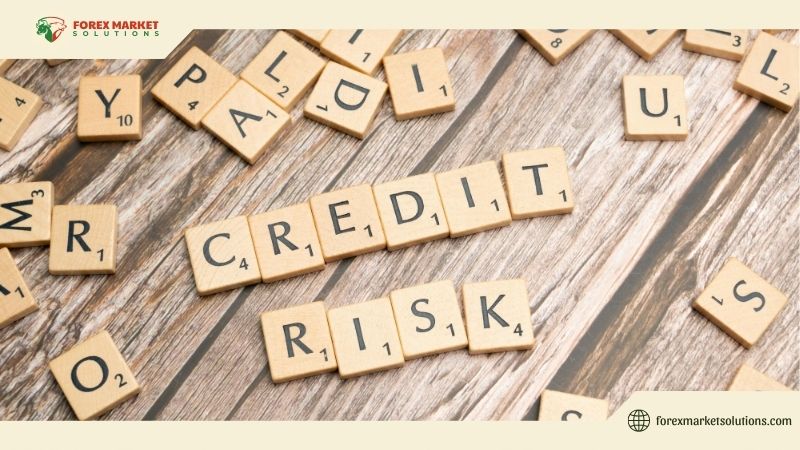
Safeguarding Against Unregulated Risks
Mitigating the legal risks of trading with unregulated brokers starts with vigilance. Research your broker—check for licenses on regulator sites like ASIC.gov.au or FCA.org.uk. A lack of registration, or a base in obscure locales, signals danger. In 2025, legit brokers flaunt compliance—unregulated ones dodge it with vague “global” claims.
Read reviews and forums—sites like Forex Peace Army flag scams—but verify sources, as fake praise abounds. Test with small deposits—$50—before committing more, watching for withdrawal hiccups. Contracts matter too; scan terms for dispute resolution clauses—arbitration in Belize is a red flag. These steps shrink the legal risks of trading with unregulated brokers, steering you to safety.
Opt for regulated alternatives. Brokers like IG or Pepperstone offer micro-accounts with $100 minimums, matching unregulated perks without the peril. In 2025, with competition fierce, they’re beginner-friendly, ensuring your funds stay secure under law.
Why Regulation Matters in 2025
Regulation’s value shines brighter in 2025’s Forex landscape. As digital currencies blur lines and scams evolve, authorities—like the SEC or CySEC—tighten oversight, protecting retail traders. Regulated brokers must hold capital reserves, audit trades, and compensate via schemes like the UK’s FSCS (up to £85,000). Unregulated ones offer no such net, amplifying the legal risks of trading with unregulated brokers when markets turn.
Global crackdowns add urgency. Offshore hubs face pressure—Vanuatu’s 2023 license purge hints at more in 2025—pushing unregulated firms to riskier tactics. Sticking to regulated brokers aligns with this shift, future-proofing your trading against legal chaos.
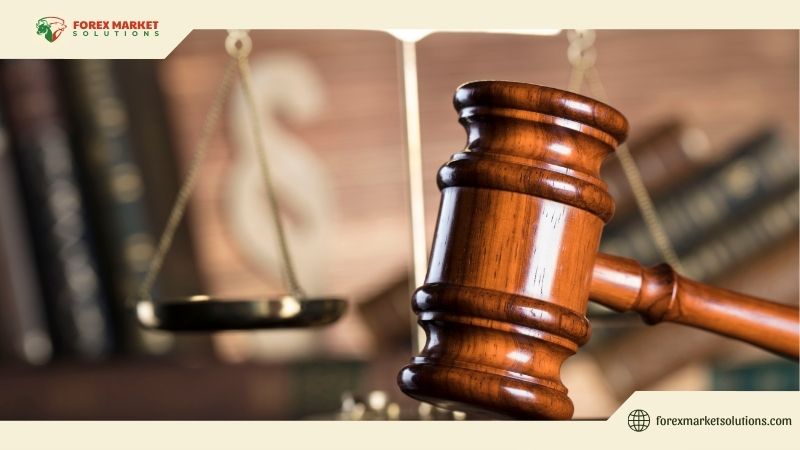
Trade Smart, Stay Safe
The legal risks of trading with unregulated brokers—fund loss, fraud, legal limbo—cast a long shadow over Forex in 2025. While their promises tempt, the perils outweigh the perks, leaving traders exposed in a market demanding trust. By choosing regulated brokers, vetting platforms, and prioritizing safety, you dodge these risks, building a secure trading path. Understanding the legal risks of trading with unregulated brokers isn’t just caution—it’s empowerment, ensuring your capital and peace of mind endure.
For more Forex wisdom and safe trading tips, follow Forex Market Solutions – your guide to thriving in 2025 and beyond.
